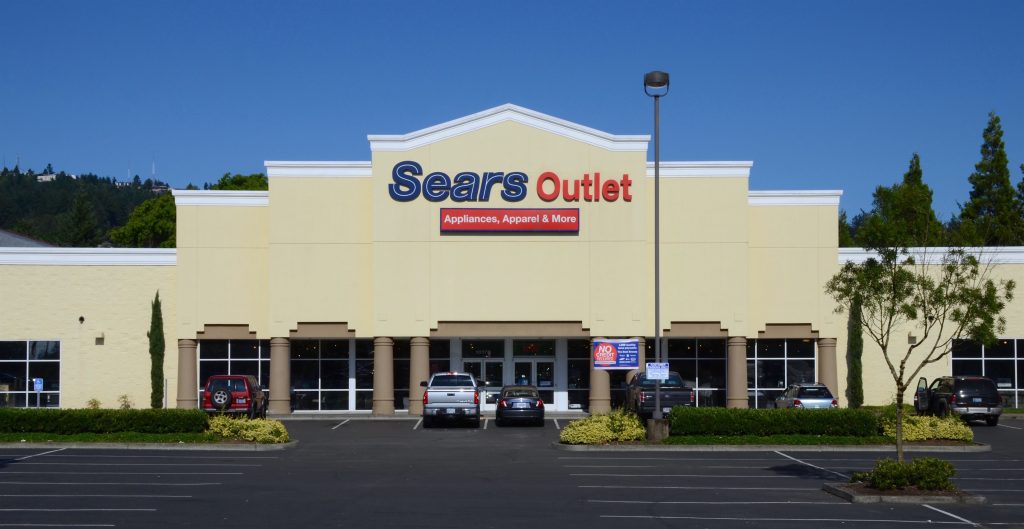Sears, a big American department store, is the latest high-street shop to vanish. Jobs and pensions might go with them.
What it means: The news that Sears is closing might not tug on the heartstrings of our inner child the same way that ToysRUs’ bankruptcy did (yeah, we’re still not over that) but for some it’s a sad end for a store that was once the biggest retailer in America.
There’s plenty of reasons that Sears has gone down the pan, not least because apparently its CEO didn’t quite twig how much online shopping was going to become a Big Thing. But lots of people are pointing the fingers of blame in one direction: Amazon. Amazon’s popularity makes it hard for other businesses to do well: last year, 4 percent of all US retail sales and 44 percent of US online sales took place on its platform.
Technically, Amazon’s not really done anything wrong. Nobody forces us to buy more stuff from Amazon than from its rivals - we probably just think Amazon has better products or is cheaper or more convenient (who hasn’t turned to Prime for a forgotten birthday present?). Doing business better so you win more customers is how many economists think the world is suppose to work - and that this sort of competition means we consumers end up with the best deal possible.
But some people are worried that this is just a devious tactic, and once Amazon has outcompeted all its competitors - i.e. once it has a monopoly - it’ll raise its prices and we’ll all have no choice but to pay them because there’s no-one else to buy from.
Or: read our explainers on consumer choice theory and monopolies.

